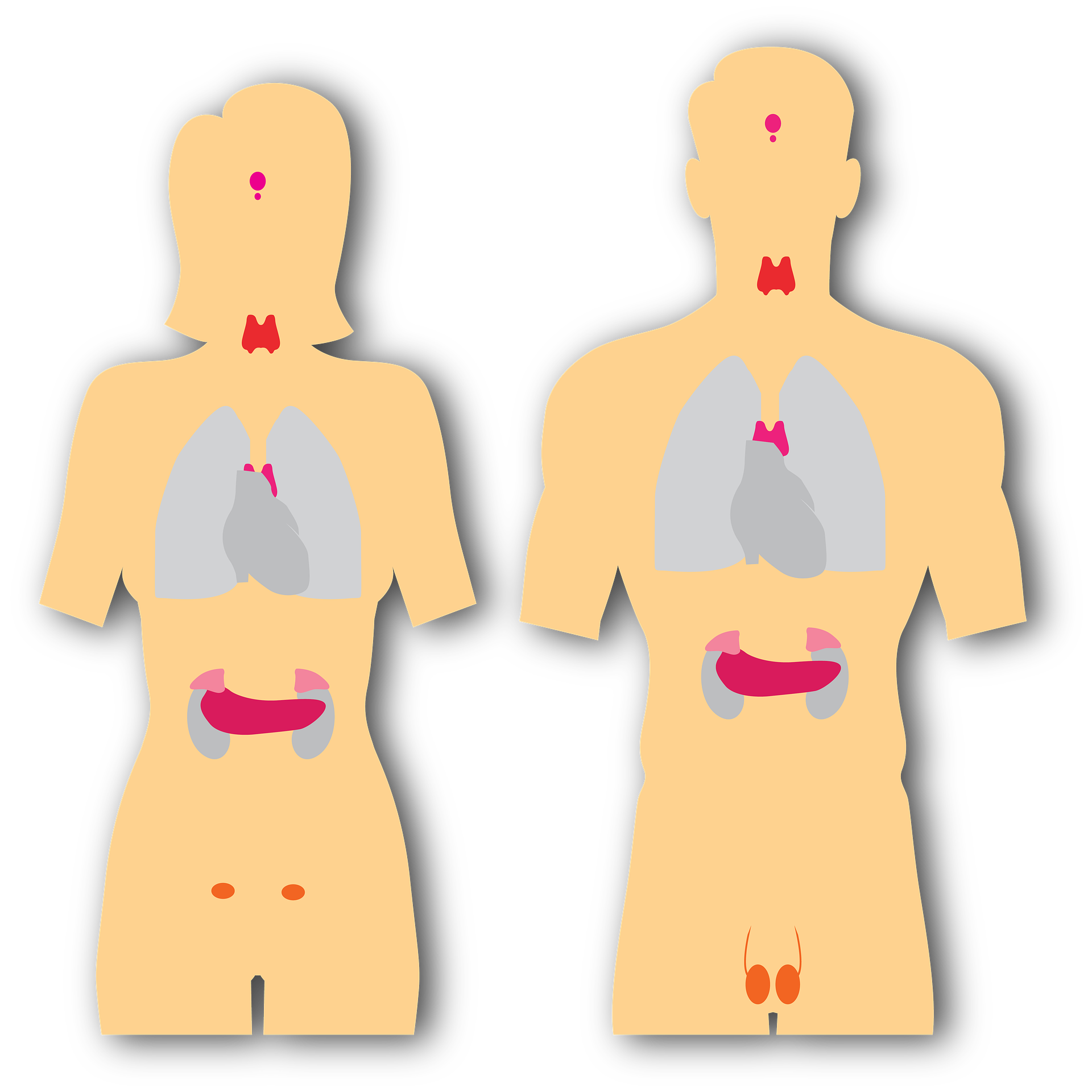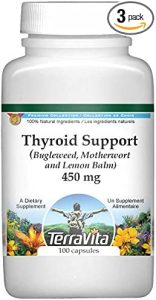
Graves’ disease is an autoimmune disorder that affects the thyroid gland, causing it to produce too much thyroid hormone. This can lead to a range of symptoms, including weight loss, irritability, tremors, and heat intolerance. While conventional treatments for Graves’ disease include medications and surgery, some people turn to herbal treatments to help manage their symptoms.
There are several herbal remedies that may be helpful for people with Graves’ disease, although it’s important to note that scientific evidence for their effectiveness is limited. It’s always a good idea to talk to your doctor before starting any new herbal treatment.
- Bugleweed: Bugleweed is a herb that is commonly used to help manage hyperthyroidism, which is the condition that results from overactive thyroid hormone production. It may be particularly helpful for people with mild to moderate Graves’ disease. Bugleweed contains compounds called lithospermic acids, which can help reduce thyroid hormone production. It’s typically taken as a tincture or in capsule form.
- Lemon balm: Lemon balm is a calming herb that may help reduce the anxiety and nervousness that can accompany Graves’ disease. It’s also thought to have a mild anti-thyroid effect, which may help reduce thyroid hormone production. Lemon balm can be taken as a tea or in capsule form.
- Ashwagandha: Ashwagandha is an adaptogenic herb that is used to help manage stress and improve overall health. Some studies have suggested that it may help improve thyroid function and reduce symptoms of hyperthyroidism. Ashwagandha can be taken as a capsule or in powdered form.
- Motherwort: Motherwort is a herb that is commonly used to help regulate the heart and nervous system. It may also be helpful for people with Graves’ disease, as it has a mild anti-thyroid effect and can help reduce symptoms like palpitations and anxiety. Motherwort is typically taken as a tincture or in capsule form.
It’s important to note that while herbal remedies may be helpful for managing symptoms of Graves’ disease, they should not be used as a substitute for medical treatment.






